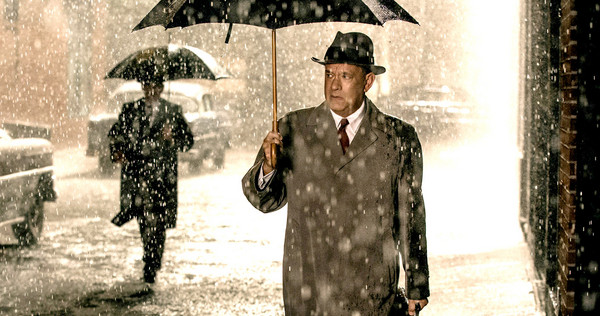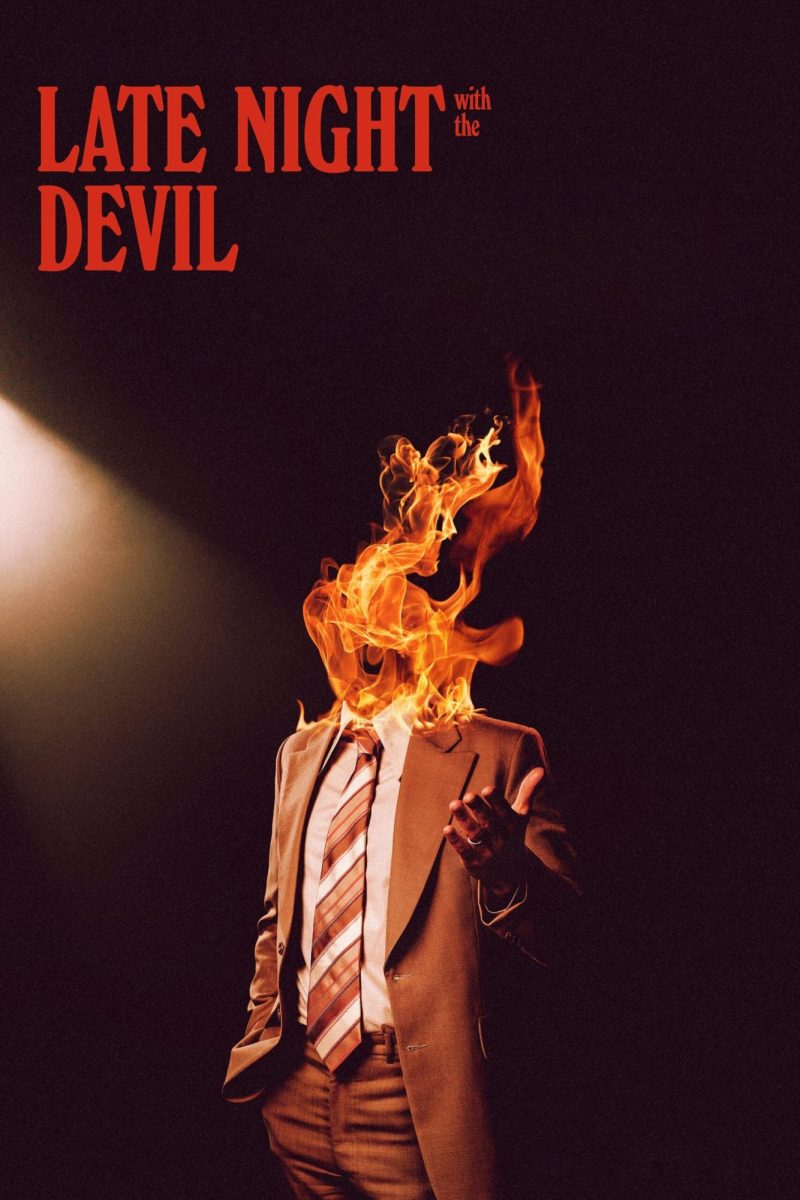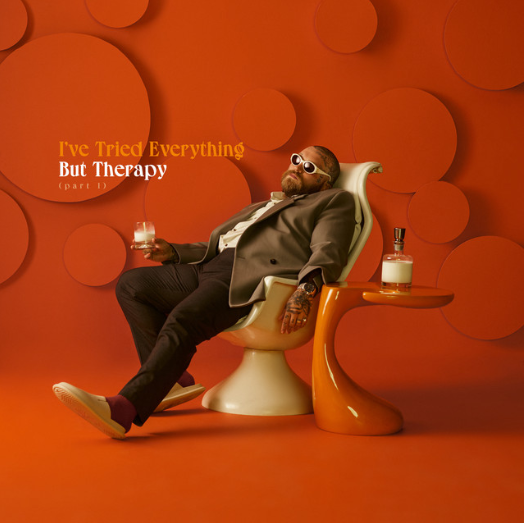Tom Hanks comes to the rescue of two imprisoned Americans in “Bridge of Spies,” but not without much negotiation, skill and patience. Based on a true story, Steven Spielberg’s “Bridge of Spies” offers a look at American diplomacy during the Cold War through the lens of an inexperienced but earnest lawyer, James Donovan, played by Hanks. Not content with being a cog in the wheel of business as usual, Donovan surprises lawyers, judges, politicians and even his own client with his honesty and sense of duty. Hoping that Donovan will accept the position as the defense lawyer of a Soviet ex pat accused of working as a spy, his bosses become incredulous when Donovan shares that he would not just be serving his country by working as a competent counsel for his client, but that he would also be working for the best interests of his client, too.
Hanks becomes such a one-man-show that the movie risks becoming too Hollywood-ized at the expense of historical accuracy. Any negotiation between two countries is necessarily deeply political, but “Bridge of Spies” makes Hanks’ character appear as the cowboy negotiator who single handedly saves at least three lives – two American, and one Russian. He does this all quietly and humbly, as anyone who serves his or her country must, or so the movie teaches. “Bridge of Spies’” emphasis on American individualism, rather than the many hands that must have played a role in the negotiation and actual prisoner exchange between two powerful countries, each with deep hatred for the other, toes the fine line between propaganda and entertainment. The movie makes clear that America, and so Americans, “got it right,” and that the Soviet Union was terribly wrong. Americans were reasonable, humane and just. Soviets were illogical, brutish and brainwashed altogether. This point was made especially clear during the torture scenes of the prisoners in either country. After a dizzying back and forth between intense interrogation and restless time confined in a cell, the movie cuts to the Soviet prisoner back in the US, having a visit with his lawyer as if he were a high school or college friend, listening to classical music and smoking a cigarette in a Spartan but comfortable room. The movie seems to make this point at the expense of forgetting America’s own, more recent past in Afghanistan, and the torturing that took place at Abu Graib, among other places.
Not only were Soviets just less ethical in their treatment of foreign prisoners, but their citizens were comically bad at passing themselves off as people they were not. In a scene in which Donovan meets with the supposed family of his client, the accused Soviet spy, Donovan immediately recognizes the situation for what it really is, a complete failure in replicating the details of his client’s actual family. The Soviet “actors” seem to be making up members of the family as they went along in conversation with him. In this way, Soviets are made to appear as simply foolish, and certainly nowhere near as virtuous as the brave, courageous American lawyer who seemingly risks his life to cross into enemy territory in the hope of saving lives, whether American or Soviet.
The lack of balance on how the Soviet Union and Soviets are portrayed in “Bridge of Spies” places the movie much closer to an “American Sniper” sense of American exceptionalism than a “Lone Survivor” attempt to retell a story as it actually happened – respectful of all sides and perspectives, even when it comes at the expense of the American flag or military.
Viewers who are looking for a movie to give further cause and reason to think that America is the greatest country in the world might like Spielberg’s “Bridge of Spies,” but those more skeptical of such a bold claim, and more interested in a balanced telling of a historical event, might be better served reading a book than watching this movie.







